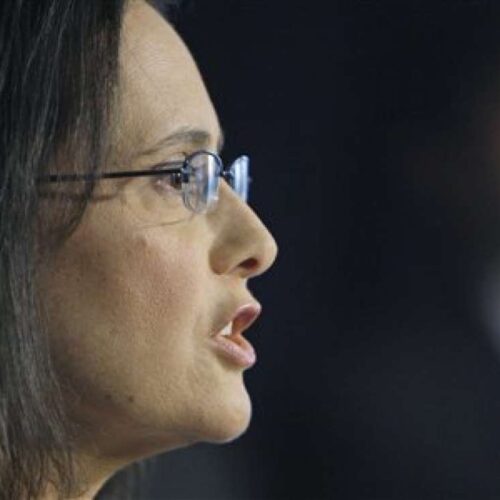Introduction
A Chicago-based debt settlement company, Legal Helpers Debt Resolution, has been fined $314,000 for what the state financial regulator described as “exploitation of financially vulnerable families.”
The Illinois Department of Financial and Professional Regulation issued a cease and desist order saying Legal Helpers operated in the state without an appropriate license and failed to provide legal representation to consumers. The order said that Jeffrey Hyslip, who is not licensed to practice law in Illinois, improperly signed up at least 314 Illinois consumers for the Legal Helpers program.
iWatch News reported last month that Legal Helpers, which calls itself one of the largest debt settlement firms in the industry, was sued by Illinois Attorney General Lisa Madigan for stating or implying that lawyers would negotiate on behalf of clients, but then allegedly turning over the negotiations to non-law firm third parties. The company has denied any wrongdoing.
The fine was the first disciplinary action taken under a new state law, the Debt Settlement Act, which took effect in August, the Illinois financial regulator said.
“The Debt Settlement Act seeks to protect families that are struggling with debt from being preyed upon by companies posing as rescuers,” said Brent Adams, Illinois secretary of financial regulation. “The state will move aggressively whenever we learn of the exploitation of financially vulnerable families.”
Jason Searns, general counsel for Legal Helpers, told iWatch News that the company will contest the fine. Hyslip, who is licensed to practice law in Ohio, signed retainer agreements with Illinois customers and then handed those customers off to local Illinois attorneys who will oversee their cases, Searns said.
“We have done absolutely nothing wrong,” Searns said. “This is what large law firms do all over the country.”
The Illinois financial regulator also accused Legal Helpers of charging fees that violated limits set by the new debt settlement law. The law allows debt settlement firms to charge a one-time enrollment fee up to $50, and prohibits collecting any settlement fees until the debt is resolved. The latter fees are capped at 15 percent of the savings.
All Illinois consumers’ contracts with Legal Helpers “are unlawful and therefore declared void,” the state regulator said, adding that Legal Helpers must pay full restitution to Illinois customers.
In one case, the Illinois financial regulator claimed that Legal Helpers charged a client an upfront fee of $500, plus a $50 monthly maintenance fee, and a service fee of 15 percent of the total scheduled debt. During a nine-month period, the client paid $3,411.92 to Legal Helpers – but only $290 of that went to pay off the actual debt, the state said.
Separately, the state attorney general sued Legal Helpers in March for allegedly violating the same state consumer protection law. While consumers believe they are hiring a law firm to provide debt resolution services, Legal Helpers “contracts out virtually all debt relief services to a third party operated and staffed by non-lawyers,” the lawsuit said.
Searns said both the Illinois financial regulator and the state attorney general are “wasting taxpayer money” going after Legal Helpers, and that the timing of the fine was politically motivated. “The attorney general’s office is realizing that the case they have against us is weak, so they’re trying to get more witnesses” through publicity generated by the state financial regulator’s fine, Searns said.



Join the conversation
Show Comments